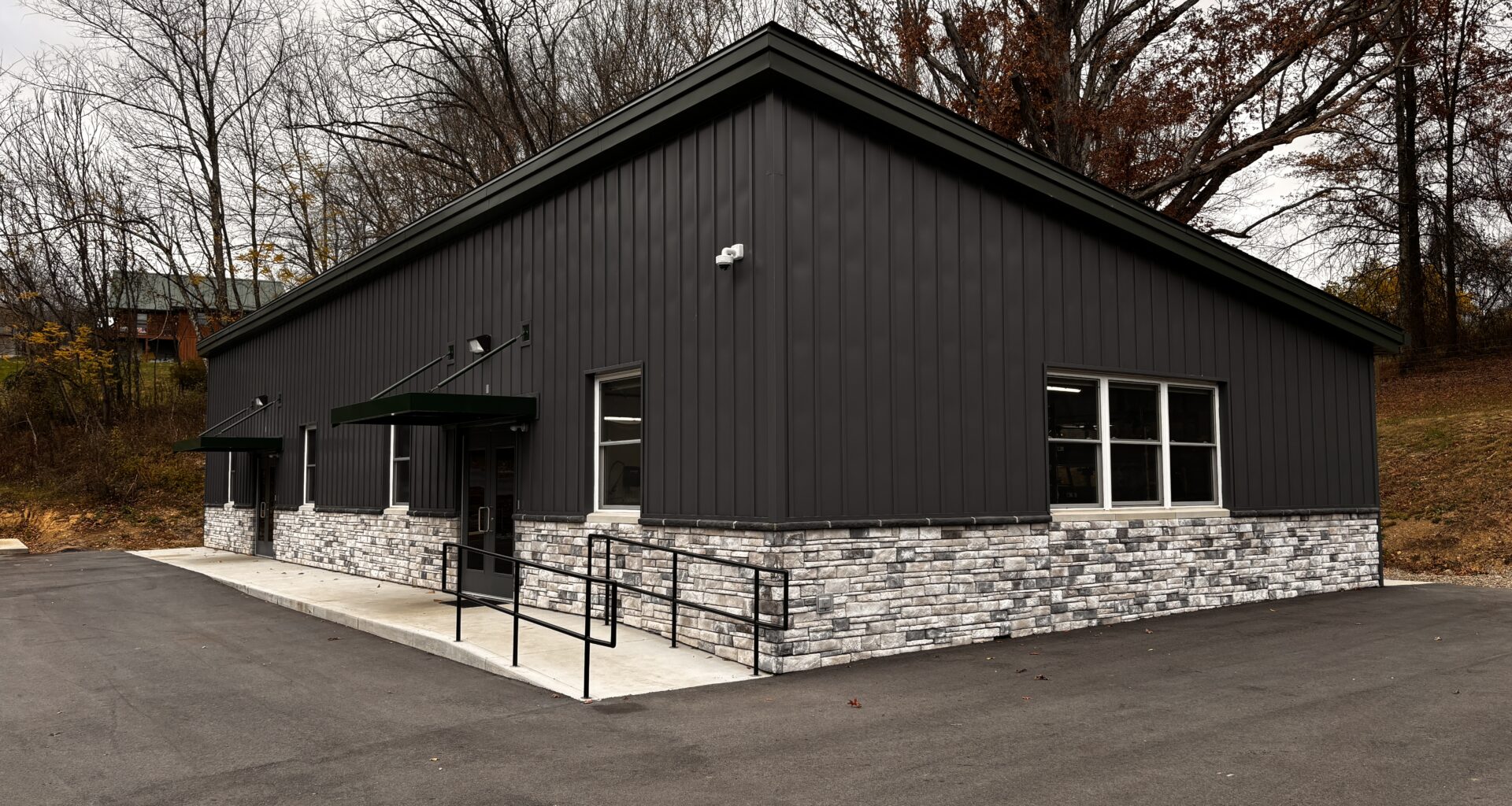WEST LIBERTY, W.Va. (WCHS) — West Liberty University might be in the Northern Panhandle, but it’s in the heart of West Virginia when it comes to aquatic conservation.
Its brand new, $2 million facility proves how much they care about at-risk species in the Mountain State.
“So, beginning in the early 2000s, West Liberty University started doing field research focused on aquatic conservation in West Virginia, and most of our research is focused on crayfish,” Director of WLU’s Appalachian Aquatic Conservation Center Zac Loughman said. “We’ve done statewide surveys. I’ve described several new species with colleagues, and it’s kind of expanded into other organismal groups.
“These animals that live in the water in the Mountain State, they need some help. There really wasn’t a facility other than White Sulphur Springs Fish Hatchery, but we need backup resiliency.”
Tanya Khan, curator of the aquatic conservation center, says breeding the animals in a controlled environment is a big advantage for them.
“Our goal is to help bolster wild populations by breeding these animals in the house, increasing the chance of survival for the eggs and then growing the young so they’re big enough to also have a better chance of survival,” Khan said.
Over the years, West Liberty has worked with hellbenders, fish, endangered crayfish and even turtles.
“One of the most imperiled freshwater vertebrates are turtles, and part of that is because they take a long time to reach maturity where they can reproduce and the survival of their young is also very low,” Khan said. “In our main building, we have our AZA safe spotted turtle breeding population. The AZA is the Association of Zoos and Aquariums saving animals from extinction program.”
These species might be overlooked, but they are West Virginia natives as much as some of us are. Their future is now looking a little brighter thanks to people that care.
“I didn’t think it would get this large, but at the same time, I knew the work ethic of myself and my students,” Loughman said. “So I’m not surprised that it’s happened.”
Khan said she’s very thankful to be part of the conservation efforts at West Liberty University.
“I grew up in West Virginia, and I also grew up, like many West Virginians, catching crawdads in the creek,” Khan said. “Obviously, those childhood experiences and exposure to nature initiated the passion within me, but then West Liberty gave me the tools that I needed to actually turn that into a career. The people here are truly amazing.
“We’re just grateful to be given the opportunity to help critters and people in our state.”

